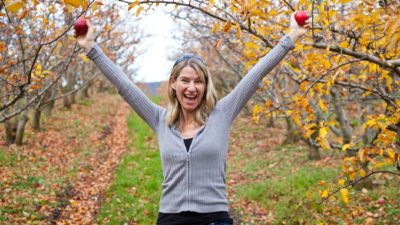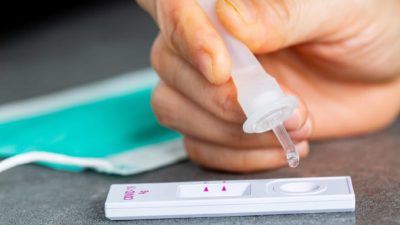The Australian Bureau of Statistics (ABS) released the third Household Impacts of COVID-19 Survey today, conducted throughout the country between 29 April and 4 May 2020.
According to the ABS, the series is designed to provide a snapshot of how people in Australian households are faring in response to the social and economic challenges brought about by COVID-19.
The third survey collected data relating to changes to people's job situation, working from home arrangements, personal and household stressors, and lifestyle changes, among other topics.
The results of the survey were taken from telephone interviews conducted with around 1,000 Australian households.
Key findings
On the lifestyle front, the survey highlighted changes to people's daily routines in the period of late April to early May:
- 22% said they were eating more snack foods, such as chips, lollies and biscuits
- 58% said they were spending more time in front of their television, computer, phone, or other devices
- 29% reported less frequent consumption of takeaway or delivered meals
- 38% said they were spending more time baking or cooking.
Additionally, 21% of people reported purchasing additional household supplies, which was much lower than the 47% recorded in April. This is in line with announcements from our major ASX supermarkets Coles Group Ltd (ASX: COL) and Woolworths Group Ltd (ASX: WOW) that trading is beginning to return to normal levels. As such, both companies have resumed home delivery services.
While ASX supermarket shares have been the beneficiaries of people cooking more at home, so too has meal kit provider Marley Spoon AG (ASX: MMM). The company, which delivers fresh ingredients and recipes to customers' doors, has reported a surge in demand amid COVID-19.
In terms of employment, the survey found that 46% of working Australians were working from home, while 59% of respondents were working paid hours as of early May.
The survey also found that loneliness was the most widely reported source of stress for Australians, affecting 22% of the sample, with other factors such as relationship difficulties and mortgage repayment difficulties reported as further stressors.
Importantly, the majority of Australians were continuing to keep their distance from people outside of their household (94%) and avoid public spaces (85%). The most common reasons for leaving the house were shopping for food (88%) and exercising or walking pets (73%).
What next?
This data provides some insight into how a sample of Australian households have been dealing with COVID-19 and the associated restrictions.
The ABS followed up with the same survey respondents again on 12 May to undertake the fourth cycle of the survey. Topics include superannuation, loan repayments, childcare and schooling arrangements, and temporary living arrangements.
From a financial and investing perspective, the findings relating to superannuation will be one to watch in the wake of the government's early access to super scheme.
The information from this fourth survey will be released later this month on 29 May 2020.








